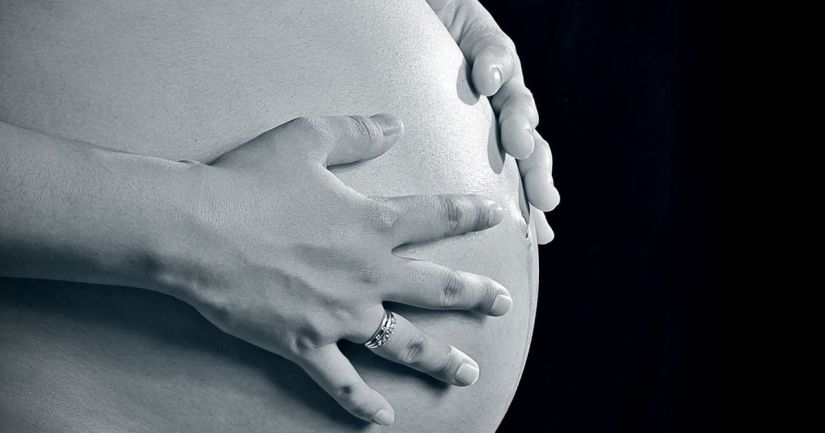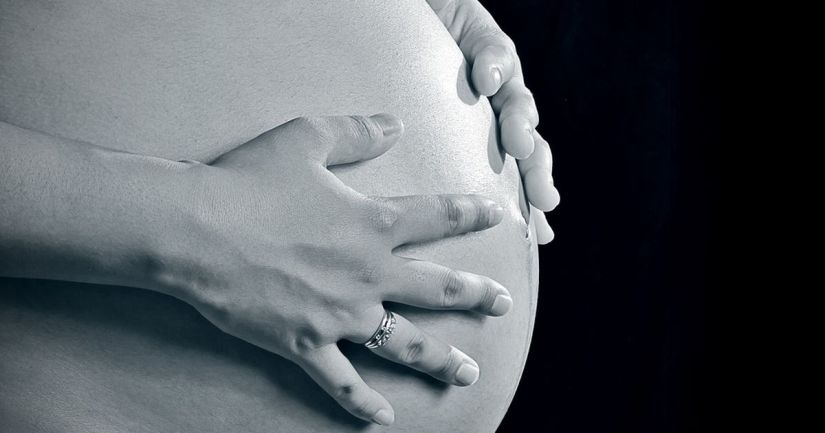The Supreme Court’s order passed yesterday in the case of “Ms X” v Union of India is a cop-out on an important issue — the constitutional right of a woman to have autonomy over her own body in the context of a pregnancy. While it has allowed the petitioner to terminate her pregnancy on the basis of medical advice that pointed out that her life would be in danger if the pregnancy was continued, the Court refused to engage with the larger questions that the petition raised – that the provisions of the Medical Termination of Pregnancy Act, 1971 (MTP Act). Under the MTP Act, as it stands, abortions are allowed in India only if medical advice suggests that they are necessary. Prior to twenty weeks, this requires one or two doctors to opine (depending on what stage the pregnancy is in) that continuing the pregnancy would cause grave mental and physical harm to the woman or that the foetus would be born severely mentally or physically handicapped. The Act has a wide definition of what constitutes “mental harm” – it includes pregnancies caused as a result of rape and failure of birth control devices. Beyond twenty weeks though, a pregnancy may only be terminated if the life of the woman is under threat and only an immediate abortion is necessary to save her life. In the case of “Ms X”, whose pregnancy had gone beyond 23 weeks, it was this provision of the law that was pressed into service by the court to permit her to carry out her abortion. She alleged that the pregnancy was a result of an act of rape perpetrated on her, and sought to terminate it for this reason. The Supreme Court set up a medical board which opined independently that the pregnancy posed a risk to her health and for that reason, could be justifiably terminated in accordance with the MTP Act. In its order, the Court permitted her to do so. [caption id=“attachment_2916260” align=“alignnone” width=“825”]  Does the law take into account a woman’s agency?[/caption] Yet, for all its good intent and outcome, the Supreme Court did not address the larger constitutional challenge to the MTP Act itself — a task that required it to properly engage with and understand the scope of a woman’s right over her own body. To understand the problems with the MTP Act as it stands, it is important to keep in mind the situation in which it was brought it into force. Prior to 1971, abortions were criminalised under Section 312 of the Indian Penal Code, 1860, and notwithstanding the 1971 Act, continue to be criminalised as of date. In fact, even the pregnant woman could be found guilty if she self-aborts the child she is carrying. This position was considered unsatisfactory, and on the basis of the recommendations of the Abortion Study Committee in 1966, the MTP Act was introduced and passed in Parliament. All that the 1971 Act does, however, is to provide a clearer set of guidelines and time frames within which a doctor carrying out an abortion was protected from criminal sanction under the law. It leaves us therefore in a situation where the question of whether an abortion is to be undertaken or not is left purely in the hands of a medical practitioner, with no say for the woman who is actually pregnant. The woman who is actually carrying the foetus has no agency over her body under Indian law. It is this problematic approach of the law in India that should have been examined by the Supreme Court, to see if this is not contrary to the constitutional right to life and liberty, not to mention the right to privacy of a woman. The MTP Act itself came into force two years before the landmark judgment of the US Supreme Court in Roe v Wade in 1973 which revolutionised the discourse on abortion in that country. In holding that law could not absolutely prevent a woman from getting an abortion prior to the third semester, the US Supreme Court sought to strike a balance between the rights of the woman over her own body and the interests of the state in the birth of the foetus. It struck down a whole raft of State and local laws which had criminalised abortions in various parts of the United States, as being in violation of the right to privacy, without due process protected under the 14th Amendment to the US Constitution. Roe v Wade has been subsequently modified by the Supreme Court in Planned Parenthood v Casey where the legality of the abortion law is now linked to the viability of the foetus rather than the rigid third trimester test laid down in Roe v Wade. Unlike the US debate on abortion, which has separated itself into neat camps which are “pro-life” or “pro-choice”, the abortion debate in India would be meaningless if it did not take into account the very real problem of female foeticide. The MTP Act itself doesn’t deal with female foeticide and it is the Pre-Natal Diagnostic Techniques (Regulation and Prevention of Misuse) Act, 1994 (PCPNDT Act) which seeks to prevent sex-selection by making it difficult to determine the sex of the unborn foetus. That this framework has been unsuccessful (or at least, not had the intended effect) is seen in the low sex-ratio in children between the ages of 0-5, more so in certain north India States which are experiencing economic growth enabling access to the latest sex-determination technology. Notwithstanding efforts to step up enforcement and bring offending clinics and doctors to book (including the Supreme Court’s misguided efforts to get search engines to comply with the PCPNDT Act), there’s still little discernible movement in putting an end to female foeticide in India. Perhaps the entire framework of the law needs to be re-examined and re-thought. The abortion law in India, as it stands, is therefore the worst of all worlds: it deprives the woman of choice and control over her body, while at the same time failing to prevent female foeticide. This legal framework has never received serious judicial scrutiny, and by not going into the questions raised in “Ms X’s” petition, the Supreme Court has shirked from an important duty. The questions of choice, autonomy over one’s body and how to balance these against the issue of female foeticide have to be debated now in the public if we need to come out of this utterly depressing status quo.
The abortion law in India, as it stands, is therefore the worst of all worlds: it deprives the woman of choice and control over her body, while at the same time failing to prevent female foeticide.
Advertisement
End of Article


)

)
)
)
)
)
)
)
)



